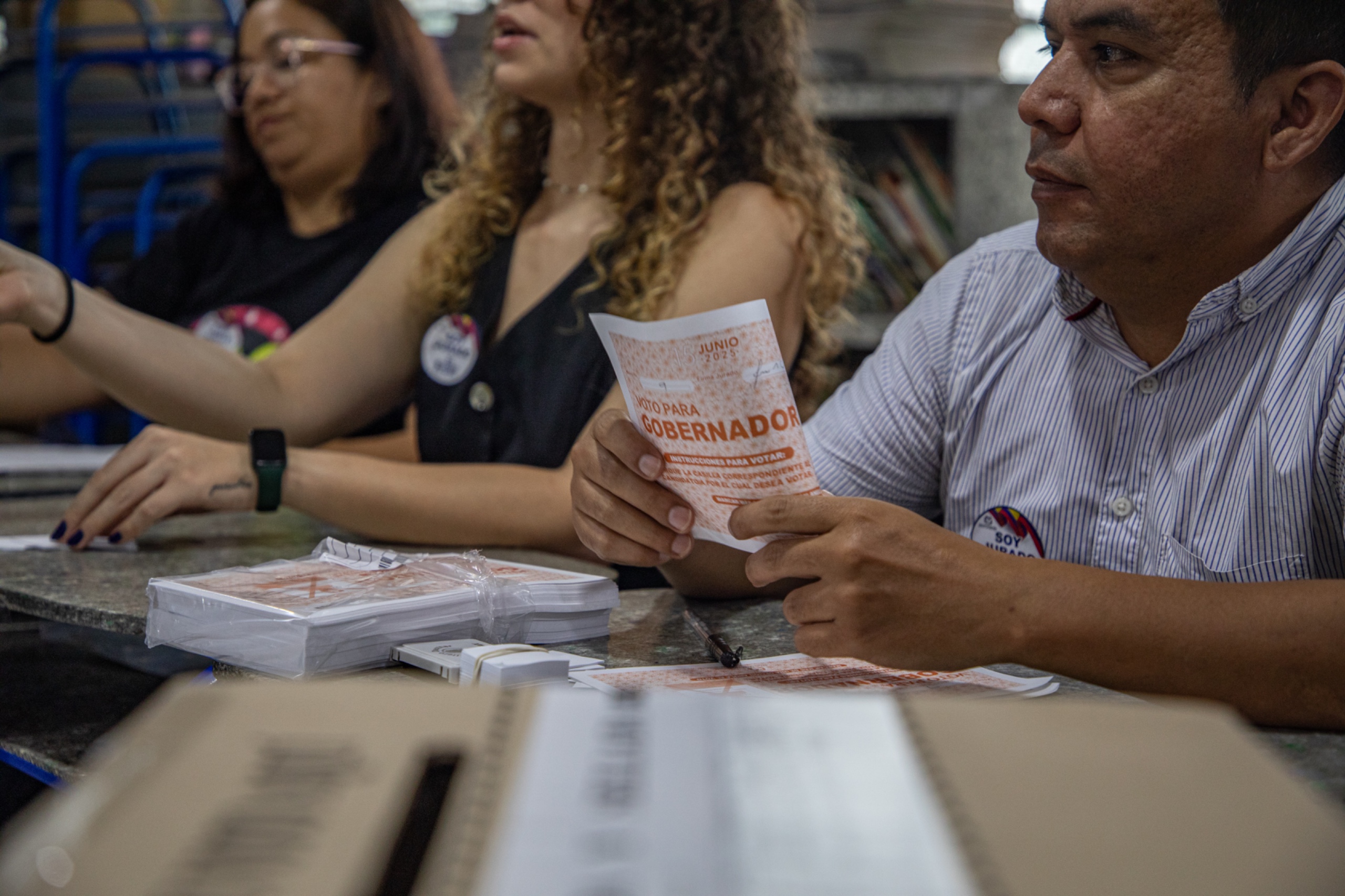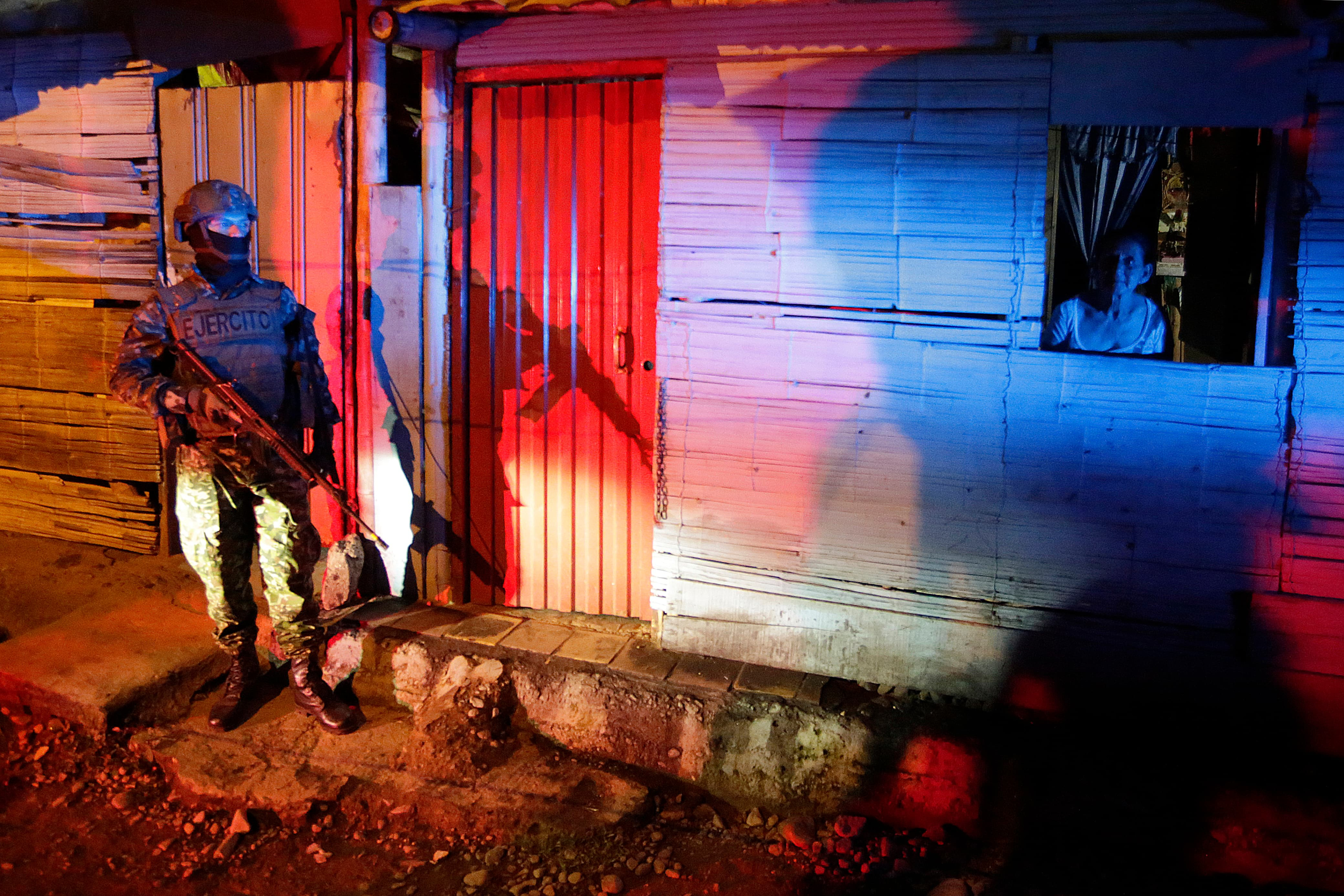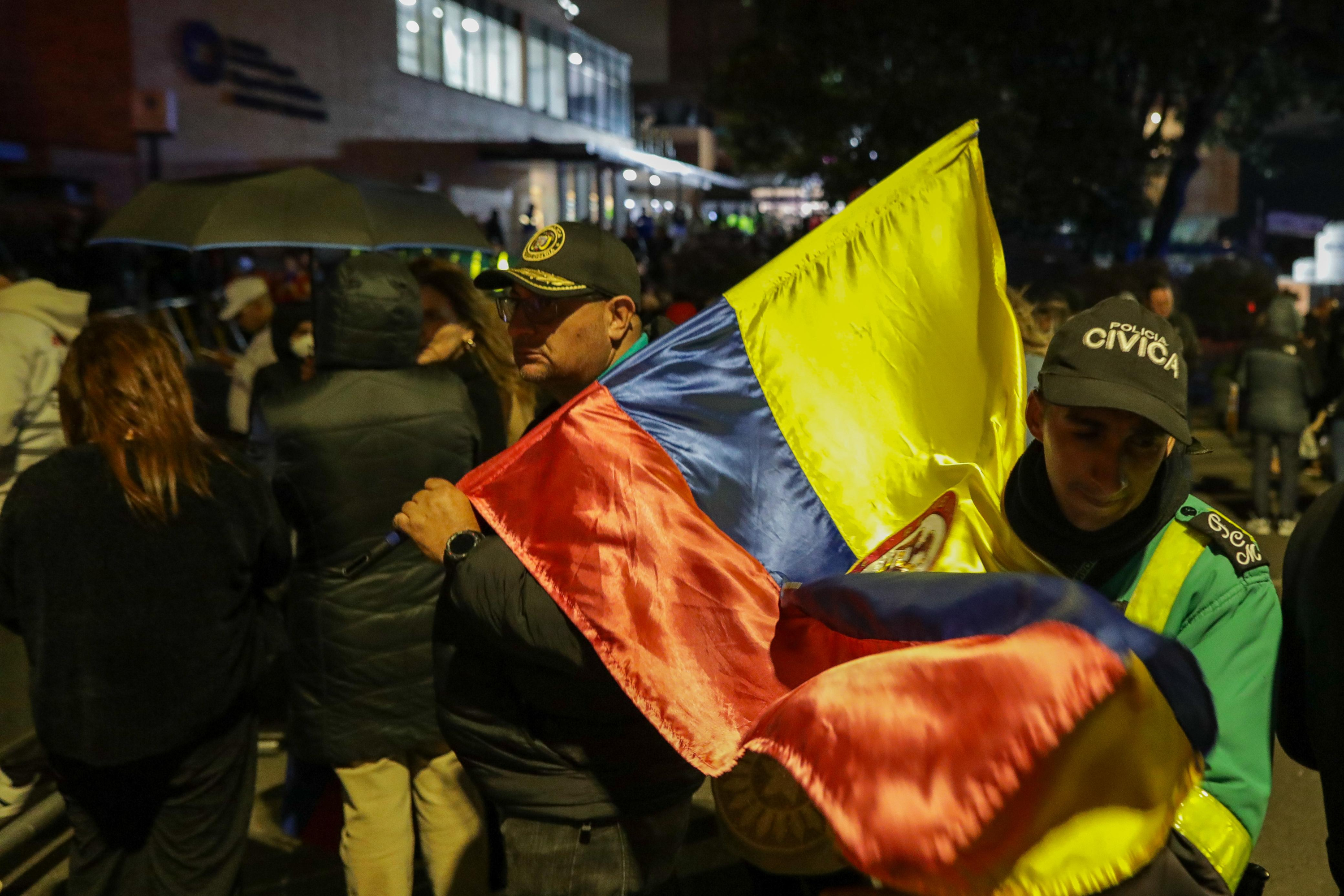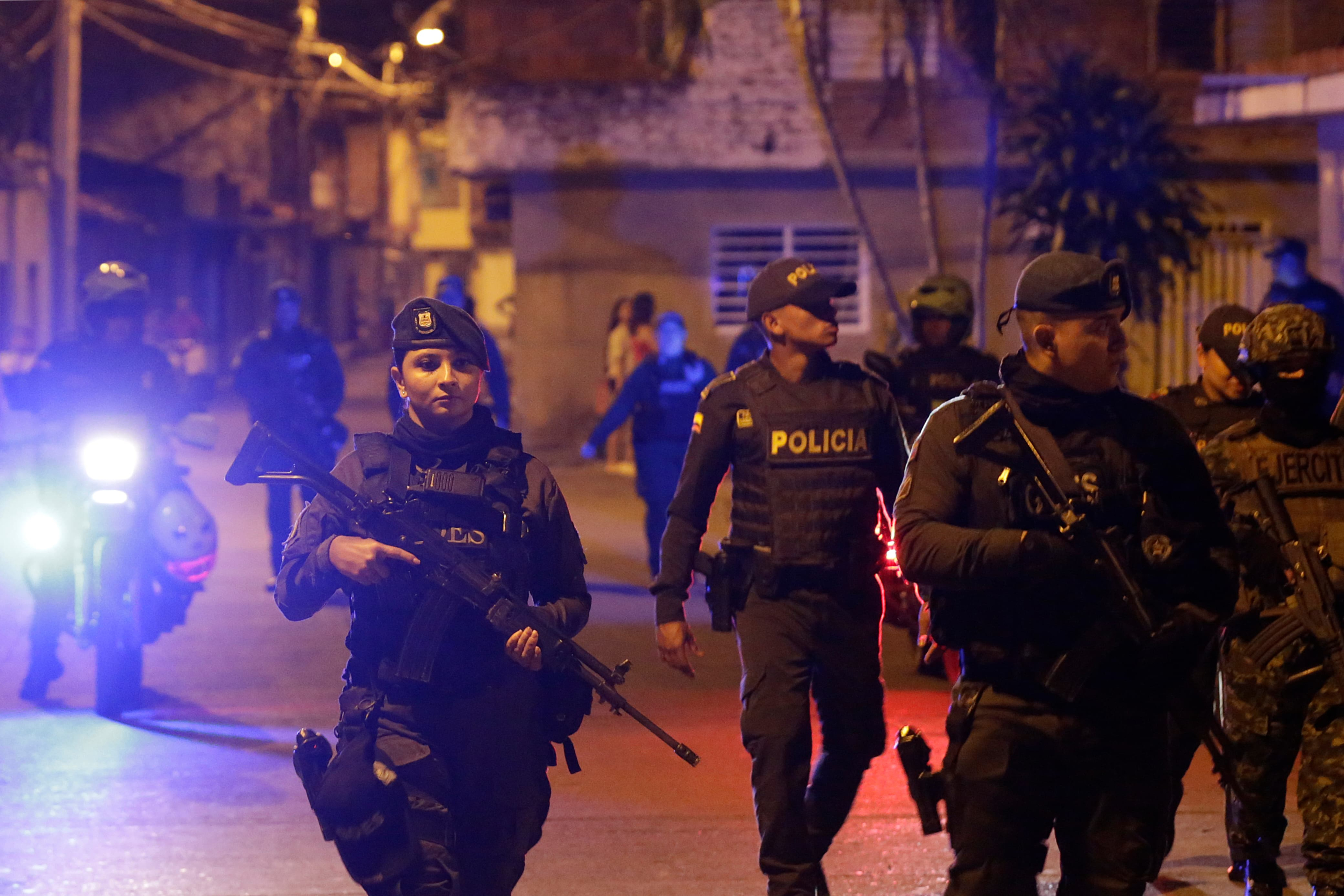More than half of the attacks against politicians in 2025 were directed against participants in the 2023 elections.

On January 24, a hitman shot journalist and former mayoral candidate Óscar Gómez Agudelo repeatedly at the entrance to the Rumba del Café radio station in Armenia, leaving him lifeless in the street. Four weeks later, six shots fired on La Cruz Street in the Berrugas district of the municipality of San Onofre killed Franklin Solórzano Benítez , a former candidate for the Sucre municipal council. And on May 1, Jair Vergara was murdered at the entrance to the San Blas district of Simití (Bolívar), after being taken there with his hands tied. This sports leader sought to become mayor of the municipality in the 2023 local elections.
These cases demonstrate the critical levels of violence against political leaders who participated in the regional electoral contest almost two years ago. According to the latest report from the Electoral Observation Mission (EOM), published on June 27, between January 1 and May 8, 2025, 134 incidents of violence against political, social, and community leaders were recorded.

Atypical elections to choose governor in Vichada. Photo: Registry Office.
Of this figure (which represents a 29.84 percent decrease compared to the same period in 2024 and 18.78 percent compared to 2021, although the oversight body warned that the numerical reduction does not imply a lesser severity of the phenomenon), 58 records were recorded against political leaders (43.28 percent), of which 32 affected people who participated in the 2023 electoral process: 29 were against people currently in office and 3 against former candidates. These attacks were distributed in 23 threats and 9 lethal acts (6 attacks and 3 murders).
“The start of the electoral process triggers a series of specific risks for those who exercise political and community leadership. In 2025, more than half of the attacks targeted individuals elected in the 2023 elections , demonstrating that the risk does not cease with the election, but rather continues throughout the term of office,” the EOM stated.
The start of the electoral process activates a series of specific risks for those who exercise political and community leadership.
"Unfortunately, threats against the Municipal Administration and those of us who are part of it have been reactivated," said Tuluá Mayor Gustavo Vélez, who has been threatened since early 2024 by the criminal group "La Inmaculada." In total, 12 threats have been recorded against sitting council members, 9 against mayors, and 2 against deputies .

The army guards Tuluá. Photo: Juan Pablo Rueda, El Tiempo
“Reporting corruption cannot cost us our lives, which is why I called the attention of the mayor and, in turn, President Gustavo Petro, to review the protection regulations provided by the UNP,” stated Cali councilwoman for the Historical Pact Ana Erazo, when she reported in March that she had received another death threat through the social network X.
According to the MOE, acts of violence against political leaders in 2025 were recorded in 18 departments. The highest levels of impact were concentrated in Huila and Córdoba . In Huila, nine attacks were documented, including a collective threat distributed through a pamphlet attributed to the "Jorge Suárez Briceño" bloc of the Calarcá dissidents. The pamphlet names two deputies from the department, the mayor of Neiva, the mayor of Baraya, a council member from Neiva, two council members from the municipality of Colombia, and a former mayor of Aipe.
Meanwhile, in Córdoba, seven attacks were reported, also involving a collective threat directed at seven council members of the Tierralta municipality. The victims belong to various political parties: four from the ASI (Socialist Movement), one from Mais (Mais), one from the Democratic Center (Centro Democrático), and one from the Green Alliance.
Those who did not participate in the 2023 elections accounted for 44.83 percent of the attacks , with the most affected being former officials and candidates (13 attacks) and administration officials (7 attacks), both accounting for 76.92 percent of the violence against non-participants.

Near the Santa Fe Foundation in Bogotá. Photo: César Melgarejo/El Tiempo
"In light of this analysis conducted by the Electoral Observation Mission, the protection measures stand out, calling on civil society and collective action to be a source of support for institutions to provide protection to these leaders," said the deputy director of the EOM, Frey Alejandro Muñoz.
Other leaderships With a similar proportion to political leaders, social leaders were the second most affected group by violence in 2025, accounting for 41.79 percent of the recorded attacks (56 cases). These attacks comprised 21 threats, 9 kidnappings, and 26 fatal incidents (20 murders and 6 attacks), making this group the most affected by this type of violence. Cauca, Valle del Cauca, and Norte de Santander were the most affected departments.
Community leaders accounted for 14.93 percent of the incidents of violence recorded in 2025 (20 cases). Of these, 10 were murders, equivalent to 50 percent of the total attacks against this type of leader. Six threats, three attacks, and one kidnapping were also documented, with the incidents being lethal (murders and attacks). Furthermore, 55 percent of these attacks (11 cases) occurred in rural areas. Sixty-five percent of the incidents affected community action board (JAC) presidents, with a concentration in rural areas of Bolívar, Putumayo, and Cauca.

The Army is present in Tuluá. Photo: Juan Pablo Rueda, El Tiempo
Regarding gender-based violence, women leaders were victims of 15.67 percent of all incidents of violence (21 cases), mostly collective threats. There were also 34 attacks, 4 kidnappings, and 3 murders. Although there was a reduction compared to 2021 and 2024, Indigenous and community leaders remain especially vulnerable.
The EOM emphasized that the events described are not isolated phenomena, but rather part of structural dynamics that require responses.
Juan Pablo Penagos Ramirez
eltiempo





